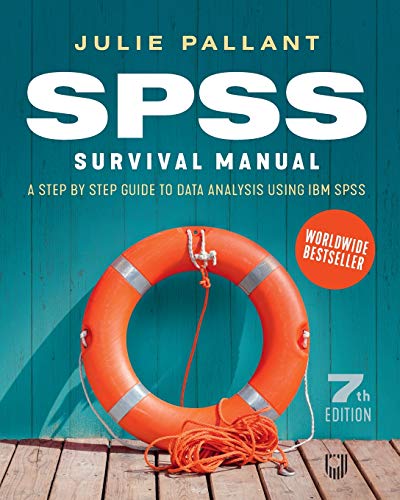On what basis do people decide whether to treat data from a Likert scale as an ordinal or interval?
An excellent question! Most quantitative dissertations today, including my own, include Likert-type scales to measure variables, resulting in the collection or ordinal-type data, which is not the same as interval data as the distance between each scale cannot be measured. Ordinal scales are simply higher or lower, but without a defined distance - as required for interval data.
The challenge for doctoral students, and others, is whether to use parametric or nonparametric statistical tests with ordinal data. There is great debate among statisticians in this regards. However, according to Awan and Dako (2018)
Much has been written regarding the appropriate analysis of ordinal data, and whether parametric tests such as the t test can be used to treat ordinal data as continuous. For example, Dr. Geoff Norman, a renowned expert in medical education research methodology, has shown that parametric tests can be used to analyze ordinal data (1,2). Moreover, he concludes that parametric tests are generally more robust than nonparametric tests when analyzing ordinal data such as that seen in Likert scales, even when statistical assumptions (such as normal distribution of data) are violated.
For my own dissertation, my research indicated that using ordinal data for parametric tests, such as multiple regression, had no significance difference than using interval numbers. In this regard, using the mean score of ordinal scale data collected for each question and variable possessed “intervalness” (interval-like qualities) for testing purposes.
In conclusion, it would not be appropriate to suggest that ordinal and interval numbers are the same, but when applying the mean scores of ordinal-based data collected from Likert-type scale questions, it appears to be both acceptable and common practice among doctoral institutions and students to use them for parametric testing - similar to the use of interval-type data.
For more on this topic, see:
Need an expert review of your dissertation topic or interested in hiring a dissertation coach or editor? Contact Dr. Lonny today at help@mydissertation.coach, along with a copy of your current dissertation (if applicable) for an initial assessment and quote.
MY DISSERTATION COACH
My Dissertation Coach offers doctoral students comprehensive dissertation coaching, consultation, expertise, and resources. Dr. Lonny focuses on the dissertation fundamentals, to serve doctoral level candidates towards successful fulfillment of their terminal degree through individualized 1-on-1 dissertation coaching/mentoring. Dr. Lawrence (Lonny) R. Ness has significant experience in successfully overseeing and guiding doctoral research candidates from topic selection to final dissertation oral defense, and all steps in-between. Click HERE for more information…
ABOUT DR. LONNY
Dr. Lonny is a senior dissertation coach and chair with many years of experience at multiple online universities, as well as through personal consulting engagements, with over 80 graduated doctoral mentees. Dr. Lonny is qualified to walk you through your doctoral journey once you’ve decided to take the plunge! If interested, please complete the inquiry and/or contact form to let Dr. Lonny know that you would like to speak further about your desire to partner with a professional coach towards doctoral degree completion – or any phase/aspect of the process thereof. Dr. Lonny can be reached directly via email at drness@dissertation101.com or help@mydissertation.coach.
Keywords: dissertation coach help phd doctorate highered thesis



